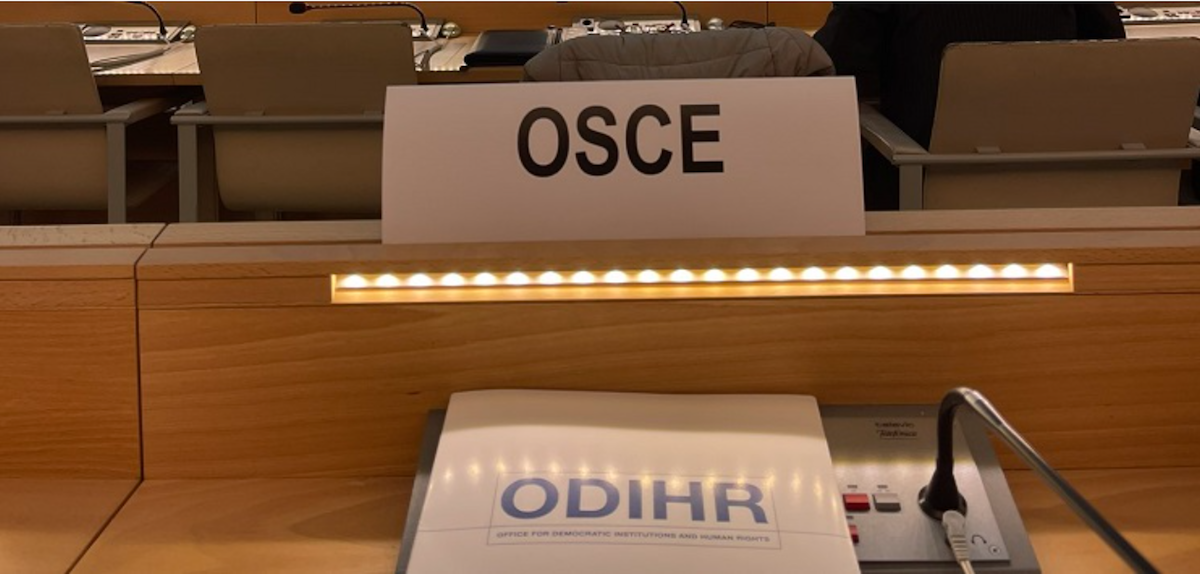'Money counting won't save government' – Georgian experts back OSCE's critical election report
Georgian experts welcome OSCE’s critical report
Georgia is abuzz with discussions over the final report by the OSCE/ODIHR on the October 26 parliamentary elections.
Both the authorities, who insist on the elections’ legitimacy, and the opposition, who declared them rigged, claim the report supports their respective assessments.
The October 26 parliamentary elections triggered mass protests across Georgia. Four opposition entities—three alliances and one party—that secured parliamentary seats unanimously declared widespread election fraud, refused to recognize the legitimacy of the new parliament, and renounced their mandates. Georgian President Salome Zourabichvili also stated that the elections were rigged and that the newly elected parliament and all its decisions lack legitimacy.
The OSCE/ODIHR report states that the elections were held in a troubling environment and lists numerous violations. The OSCE did not issue a verdict on recognizing or not recognizing the election results, noting in a separate paragraph that “this is not within its mandate.”
- Prime Minister from the ruling Georgian Dream party, Irakli Kobakhidze, claimed that the OSCE acknowledged the elections as valid. He thanked the OSCE/ODIHR and stated that the elections were competitive.
- Foreign Minister Maka Bochorishvili from Georgian Dream asserted that “the report proves there is no basis to question the election results.”
- Four opposition forces issued a statement declaring that the list of violations in the report and the comprehensive OSCE/ODIHR recommendations actually confirm the illegitimacy of the election results and provide grounds for holding new parliamentary elections.
- President Salome Zourabichvili stated, “Our partners must demand new parliamentary elections in Georgia.”
Expert commentary
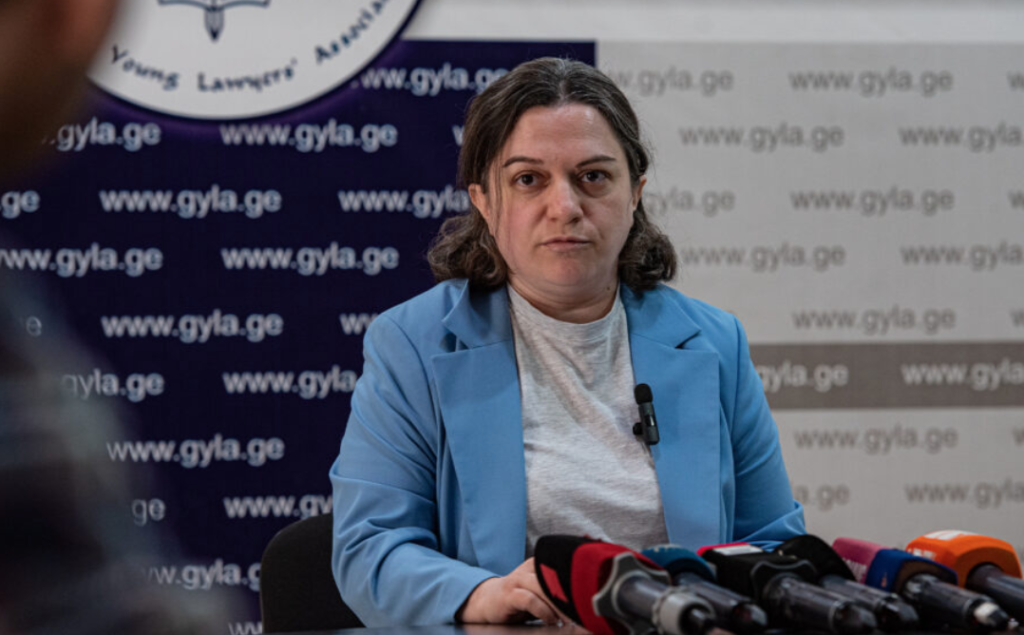
Nona Kurdovanidze, Chair of the Georgian Young Lawyers’ Association (GYLA):
“The OSCE’s final assessment confirmed all the violations that the people of Georgia know all too well from their own experience. These were also corroborated by the evaluations of credible local missions, including GYLA.
In an environment of intimidation and pressure, where voting secrecy was systematically violated and electoral disputes were not resolved through fair procedures, the OSCE could not possibly declare the elections free and fair.
Regardless of how someone tries to interpret this assessment, anyone can read the report. Determining legitimacy is not within the OSCE’s mandate; people make that judgment on their own.”
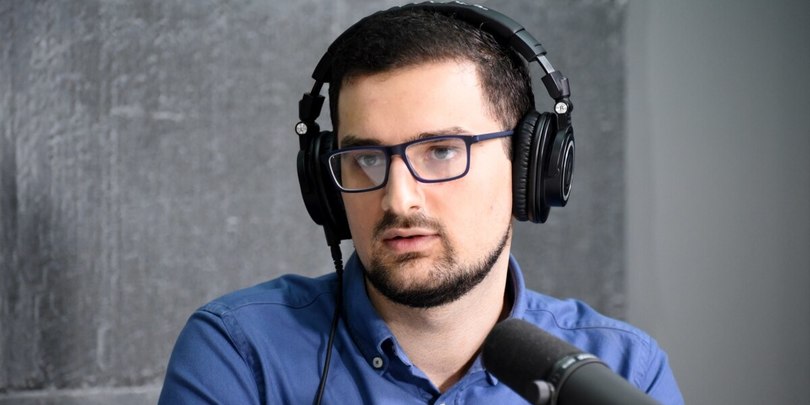
Saba Brachveli, lawyer at the Open Society Foundation:
“I looked at the propaganda media. They only highlighted two positive aspects mentioned in the OSCE report: the technical efficiency of the elections (ballots weren’t lost, machines worked, etc.) and the assessment that the elections were ‘competitive.’
These elections were indeed competitive in the sense that more than one party or candidate participated.
However, the true measure of elections is whether they are conducted in a free and equal environment, not just ‘competitiveness.’ In this century, only these countries have been assessed as having non-competitive elections:
- Turkmenistan (2007, 2012, 2017)
- Uzbekistan (2007, 2015)
- Rwanda (2010, 2017)
- Egypt (2018)
- Belarus (2006, 2010, 2015)
- Gabon (2009)
- Cameroon (2011)
- Chad (2006, 2011)
- Kazakhstan (2015)
- Syria (2007, 2012, 2016)
You could also include North Korea, China, Vietnam, and Laos, where it is impossible to field opposition candidates. In the countries listed above, the opposition was either arrested, disqualified, or denied registration.
Even the OSCE/ODIHR did not classify the latest elections in Azerbaijan, where Aliyev’s competitors were entirely nominal, as “non-competitive.” Its report stated that the elections “lacked genuine political alternatives” and “real political opposition.”
However, in our country, the “president” was elected unanimously just a week ago with 100% of the votes and absolutely no competition. Perhaps, for some people, it’s already enough to celebrate the mere term “competitive,” while freedom, equality, and justice are no longer considered important.”
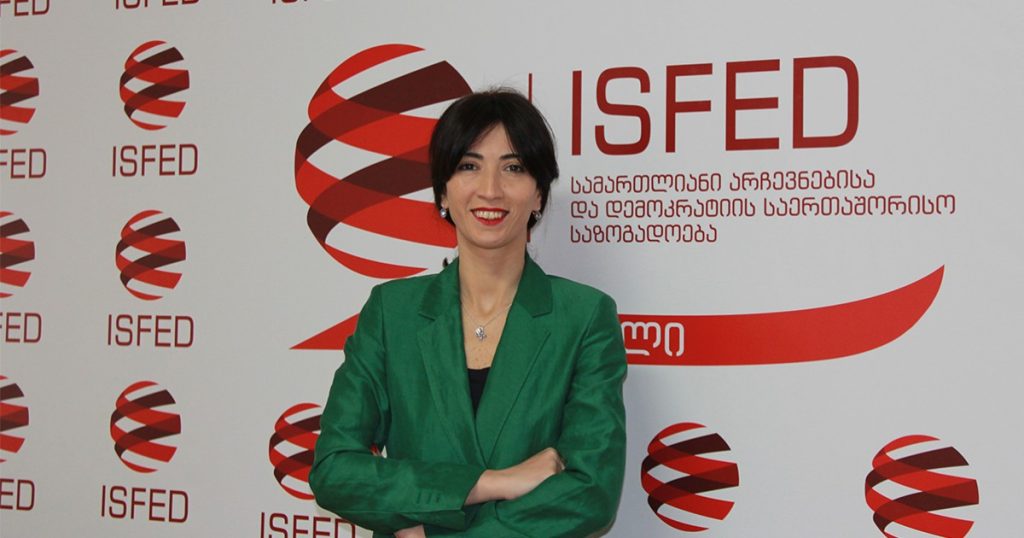
Nino Dolidze, Executive Director of Fair Elections:
“I have read the full 53-page OSCE/ODIHR report, which is highly critical. In my view, the following points are crucial:
Context. The OSCE anticipated that their final report would be interpreted in the context of whether the elections were deemed valid.
This is precisely why they emphasized in their press release that their mandate does not include recognizing or rejecting elections. Instead, they assess the elections’ compliance with international standards and obligations as part of OSCE membership.”
They aimed to prevent speculation around the report and explicitly encouraged the Georgian people to draw their own conclusions in the text.
The content of the report fully aligns with the findings of local monitoring organizations:
- Frequent changes to electoral legislation and its use for political purposes;
- Challenges to the independence of the electoral administration;
- During the pre-election period, significant advantages for the ruling party and a blurred line between the state and the party;
- Intimidation, coercion, and pressure on voters, particularly those in the public sector and socially vulnerable groups, which prevented some from freely expressing their will and voting without fear;
- Despite the election day being procedurally well-organized (according to the OSCE report), the atmosphere was tense, with violations of voting secrecy, strategically placed surveillance cameras at polling stations, physical altercations, and in some cases, direct attempts at intimidation;
- Serious issues with resolving post-election disputes and a low level of trust in law enforcement, electoral bodies, and the judiciary to effectively and impartially handle politically sensitive matters;
And many other issues outlined in the report.
We have repeatedly stated that these were not free and fair elections, and the OSCE report has confirmed this.”
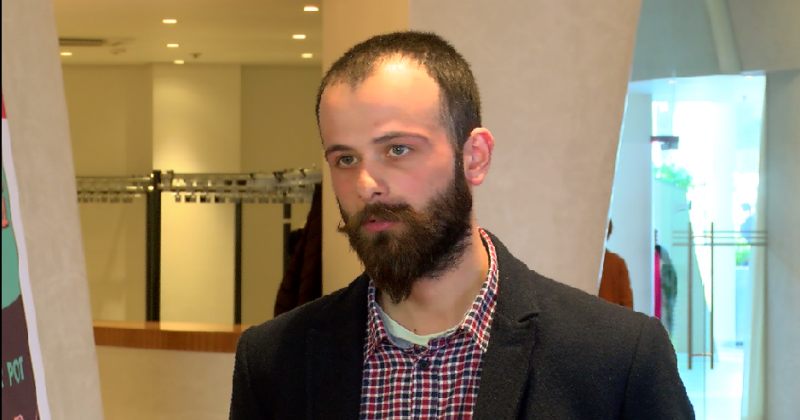
Vakhushti Menabde, constitutional law expert:
“The government was waiting for the OSCE’s conclusion. And here it is. Let’s outline the main (though not all) issues raised in this document.
Read and judge for yourself how free and fair such elections could be:
• Shortly before the elections, parliament amended electoral legislation without broad support from other political parties. This undermined legal stability and raised concerns about the potential use of the elections for political purposes;
• Public trust in the impartiality of the Central Election Commission (CEC) was eroded by legal changes that gave the ruling party control over selecting its members. The position of deputy chair, previously required to be held by an opposition candidate, was abolished. The requirement for political consensus in the CEC’s work was reduced. Many also believe there are ties between so-called nonpartisan CEC members and the ruling party;
• Georgian Dream publicly announced its intention to ban major opposition parties, contradicting the principle of democratic pluralism;
• On election day, many voters struggled with electronic devices due to insufficient training, leading to increased cases of voting confidentiality breaches;
• In 24% of observed cases, voting secrecy was potentially violated due to the way ballots were placed in ballot boxes, improper placement of cameras inside polling stations, and ballot leaks;
• Numerous reports were received of voter intimidation, coercion, bribery, and pressure, particularly targeting public sector employees and economically vulnerable groups. This raises concerns about the ability of some voters to freely choose and vote without fear;
• The pre-election campaign involved central and local government officials, financial benefits for various social groups, and an amnesty program, giving the government an unfair advantage and calling into question its commitment not to influence voters using state resources;
• The effectiveness of resolving electoral disputes was limited due to legal pressures on voters, procedural shortcomings, unclear laws, and inconsistencies in their application. Complaints of electoral violations reviewed by election commissions and courts undermined the principle of fair trial, did not provide effective remedies, and failed to address widespread concerns about the reliability of election results;
• Mission observers noted cases of voter pressure, including threats and control over their choices. Election day was marked by a tense atmosphere and incidents of intimidation or obstruction of observer activities;
You don’t need to be an election expert or a lawyer to draw conclusions from what is written here.”

Tamta Mikheladze, Director of the Social Justice Centre: “To put it briefly, the OSCE/ODIHR conclusions are as follows:
• Overall, there was a lack of thorough consideration of complaints submitted to election commissions and courts on election day and in the post-election period.
Complaints were dismissed on technical grounds or deemed insufficiently substantiated. This ultimately undermined the proper conduct of the elections and the ability to correct irregularities effectively.
• The final report highlighted numerous issues that negatively impacted the fairness of these elections and eroded public trust in the process.
You won’t find such assessments in the OSCE report on the 2020 parliamentary elections. Here’s an example from that report: ‘The parliamentary elections in Georgia were competitive and generally conducted with respect for fundamental human rights.’
The OSCE/ODIHR stated:
- Trust in the electoral administration was diminished, and state control over it was tightened due to recent legislative changes;
- Voting secrecy was not upheld at 24% of the observed polling stations;
- Opposition parties did not have full access to monitoring at all stages of voting and the implementation of electronic technologies;
- At polling stations using technological devices, 54% of voters did not fully understand how to cast their vote;
- The mandatory process of verifying marks for voters who had already cast their ballots was not conducted at 7% of observed polling stations with digital voting and 10% of traditional polling stations.
So, do these arguments and figures mean nothing to Georgian Dream?
They should not forget that people are now demanding new parliamentary elections based on entirely different arguments.
1. For large-scale and brutal violence against participants in peaceful assemblies.
2. For creating a repressive authoritarian government.
3. For violating the Constitution of Georgia and officially altering the country’s foreign policy course.
4. For a deepening political crisis that will soon lead the country to complete isolation and economic collapse.
So stop speculating! Learn to read—the mere counting of money won’t save you or restore truth to politics!
New elections are the only way out of this political crisis!”
Georgian experts welcome OSCE’s critical report










